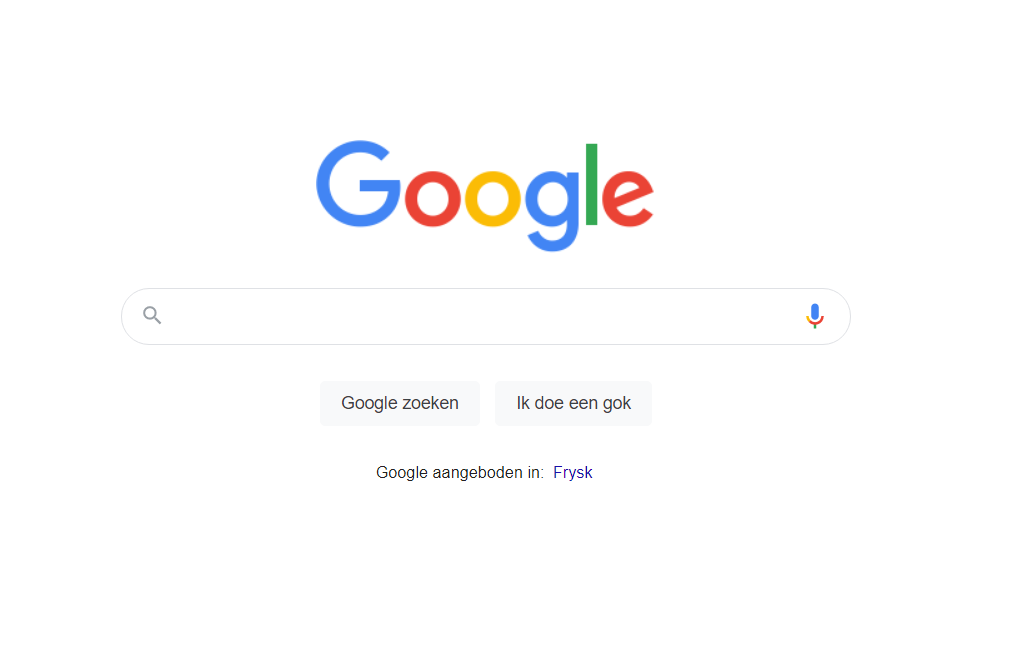Google rolls out a new SPAM update
Google as a search engine doesn't just stand still, they make sure that the best results (in their eyes) come to the top with many updates and improvements to their search network. Google makes many updates to its search network every year, and every webmaster will have noticed a difference in the number of visitors coming through the search engine. Read on to see what has changed this time around.
Like many updates that come out, this one is also aimed at fighting SPAM in Google search results. A large portion of website owners won't notice this change if you only use white hat SEO techniques. In other words, no artificial backlink generation and other techniques that artificially help a website rank higher in search results.
With this new SPAM update, you have little to fear as a webmaster. In our own experience, in two test cases, we saw a drop in organic traffic on the day of the update itself. But now that a few days have passed, we're seeing a normal recovery in organic traffic. If your site is more affected by the update, there's often no need to panic. Open Google Search Console and check that all the pages on your site are still indexing correctly. Also check to see if your site's security settings are still in order. Once you see something on the security tab, you can fix it by updating your site and removing SPAM links to your site. You can do this by disavowing them. After that, you can create a new submission for your site within Google Search Console. And get it approved again. This process can take a few weeks. And you should keep in mind that traffic from Google organic search is almost non-existent. This is another one of the reasons why you should make sure your traffic is coming from scattered sources. Like social media and other sources.
Following Google's webmaster guidelines.
It is usually advisable to follow the rules that Google has set for managing and maintaining websites. Google has a monopoly on the search network and also on advertising within and outside the display network. Therefore, it is advisable to follow the rules and regulations that Google sets for your website. Basically, your website should contain unique content and not use auto-generated content or copy existing content. Also, a website must be readable and work optimally on mobile, desktop and tablet. And have a logical layout that is easy to navigate for both users and crawlers.
A contact page and an "about us" page are also important to show who is behind a website and how customers or visitors can contact them. If the website is also secure, an SSL certificate is used to secure the data exchange. And promote the security of the user. Then a website has a better chance of ranking higher in Google. Want to see the full list of what you need to comply with? Take a look at Google's website to help you out.
Protecting your website from malware and other malicious things
To keep your website safe, you can take a number of measures with MijnHostingPartner.nl hosting. It starts with every account you create, for your website, FTP, database and more. Not only do you have to come up with a unique account, but you also have to come up with a complex and preferably random password that can't be traced back to other accounts. When creating these accounts, MijnHostingPartner.nl has the default option to create a strong random password. We strongly recommend using this option.
You must also use the latest software versions, such as the latest version of the content management system you are using. WordPress, Joomla or Umbraco for example. And that you are also using the latest PHP and .NET Core architecture to ensure that your website is as secure as possible from the technology behind it.
You should also have a backup strategy in place and keep it in multiple locations. If everything goes down, you can always go back to your backup to save your work on the website. MijnHostingPartner.nl also has a backup service that will do this for you and has a default retention period of 120 days.
For an SSL certificate, you can use the default option from Lets Encrypt. This is a free SSL certificate that is included in MijnHostingPartner.nl's packages. For production websites and webshops we recommend a paid SSL certificate, which can also be ordered.
Have you seen this SPAM update from Google on your website? Let us know via social media. Next week, part 2 of this update will be rolled out, so be on the lookout for some fluctuations in organic search results.
